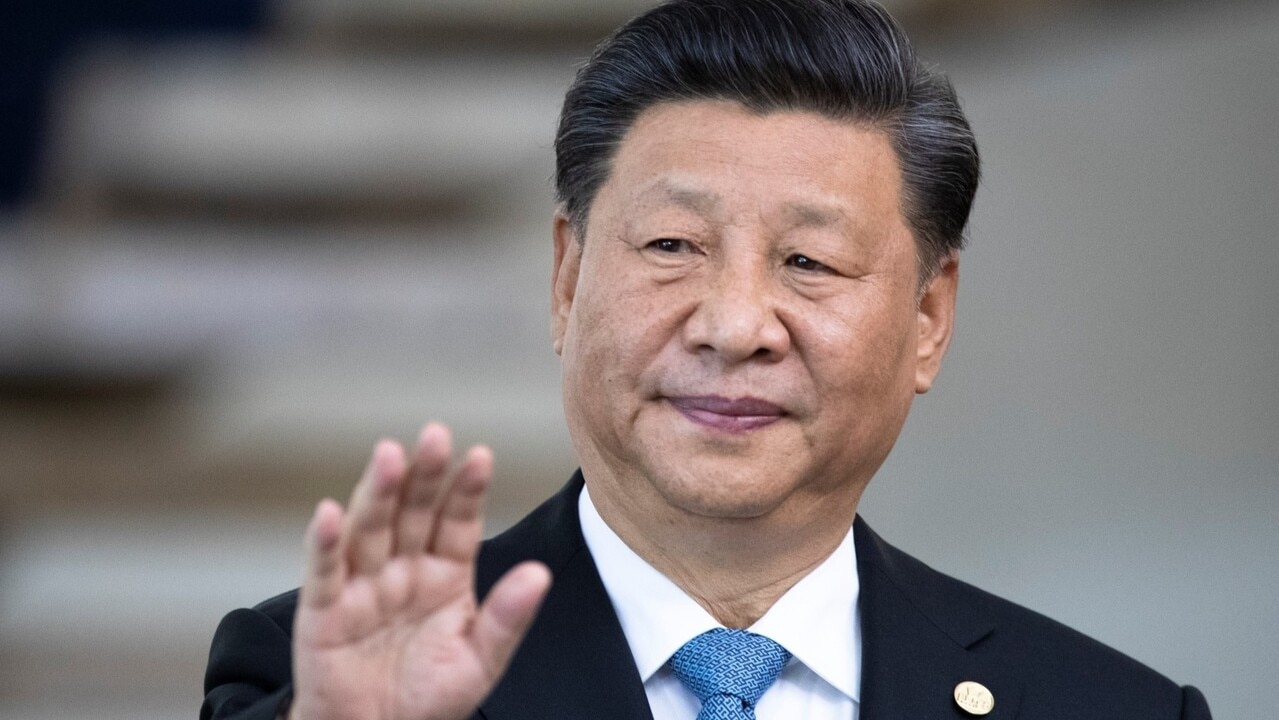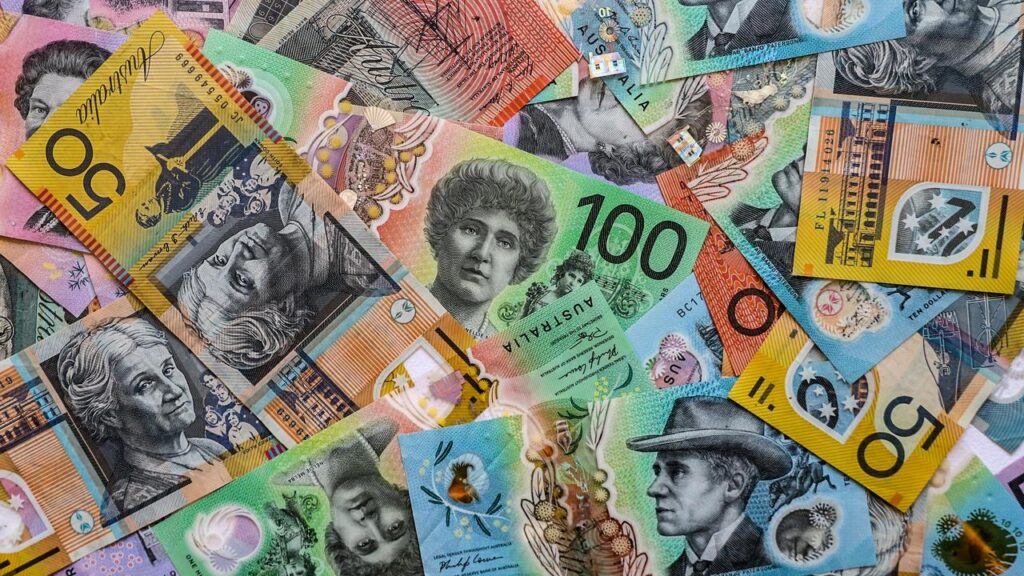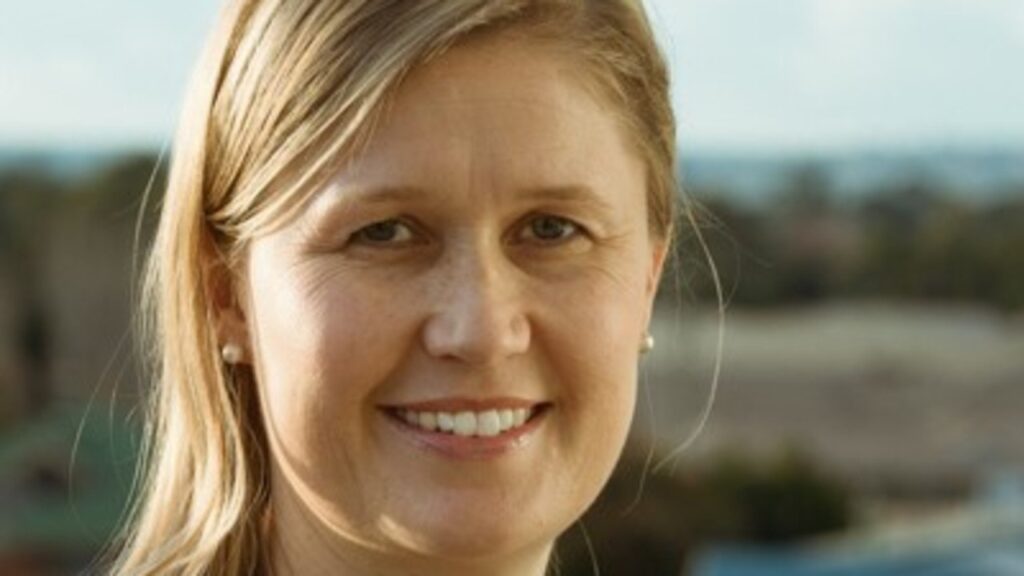Anthony Albanese in Laos for ASEAN summit
Written by admin on October 10, 2024
China has agreed to lift all restrictions on Australia’s lobster trade “by the end of this year”, Anthony Albanese says.
The announcement comes after the Prime Minister met with Chinese Premier Li Qiang on the sidelines of the ASEAN summit in Laos on Thursday.
“We have continued to stabilize the relationship without compromising on any of Australia’s national interests,” Mr Albanese told reporters.
“I’m pleased to announce that premier Lee and I have agreed on a timetable to resume full lobster trade by the end of this year.”
He said he also spoke to the Chinese Premier about a range of other issues, including Beijing’s “destabilising actions in the South China Sea”.
SHADOW OVER ASEAN
The Prime Minister is in “the fastest-growing region of the world” championing Australia’s trade offerings, but looming tensions with China are casting a shadow over talks.
Mr Albanese touched down in Laos on Wednesday night for a summit with the Association of Southeast Asian Nations (ASEAN).
ASEAN is brimming with opportunities for Australian products, which often attract premium price tags in the economic union’s 10-member countries.
Speaking from the Laotian capital Vientiane on Wednesday night (local time), the Prime Minister said the ASEAN summit was an “important opportunity for us to engage with our neighbours in what is, of course, the fastest-growing region of the world in human history.
“This is an important relationship that Australia has with Southeast Asia,” he said.
“It’s our second largest trading partner. There are 500,000 jobs in Australia (that) depend upon our trade in Southeast Asia.”
But the elephant in the room is China, whose recent test-firing of an interncontinental ballistic missile (ICBM) has sparked fresh apprehension about its ambitions in the Asia-Pacific region.
Mr Albanese will meet Chinese Premier Li Qiang on the sidelines of the summit in talks he has likened to Cold War diplomacy.
The Albanese government has sought to balance multilateral efforts to contain China’s regional influence while pursuing trade normalisation.
Despite tensions playing out in military posturing between Canberra and Beijing, the strategy has cleared trade barriers, unlocking an extra $20bn in Australian exports headed for Chinese ports.
“My message will be a consistent one, which is that we’ll co-operate where we can, we’ll disagree where we must,” Mr Albanese said.
“And we’ll have some direct discussions about some of the disagreements that are there, but also that it is in our interest to communicate with China, which is our largest trading partner.”
China’s ICBM launch last month was its first such test in more than 40 years.
The Chinese military said it was “not directed at any country”, but ICBMs are primarily used as a delivery system for nuclear weapons, hence the regional concerns.
More Coverage
Following the “routine” test, Australian and New Zealand warships sailed through the strait that separates Taiwan from China.
Beijing claims the democratically self-governed island as well as vast areas of the Taiwan Strait, which is considered international waters.
Mr Albanese will also meet the newly elected Taiwanese premier, Cho Jung-tai, in Laos.





